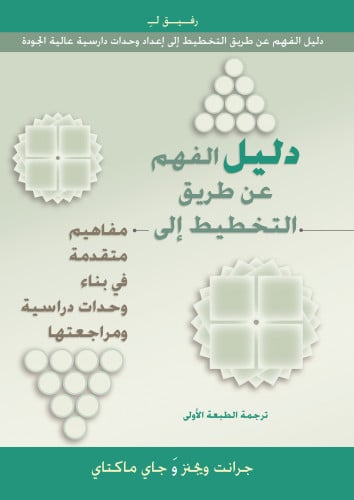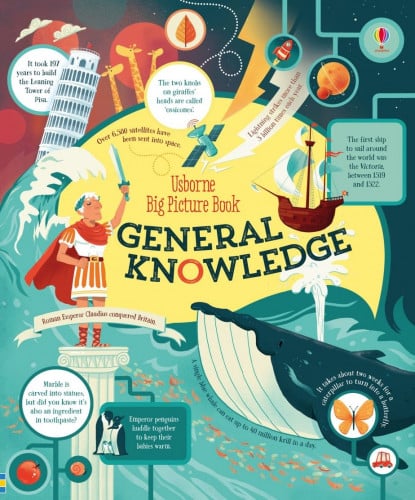AVAILABLE IN ARABIC
About This Book
Perhaps no other challenge is more pressing in creating “developmentally - tentive community and society” (the theme of this book series) than mobilizing adultstoplayactive,constructiverolesinthelivesofchildrenandadolescents.In a society that too easily defaults to designing programs as cure-alls for meeting young people’s needs, particular attention must be paid to understanding and mobilizing the kind of positive, relational energy that prepares each successive generation to assume its place in society. Although programs and institutions certainlyplayimportantroles,thekeyliesinthepersonalcommitment,invol- ment, and investment of adults in young people’s lives. In Mobilizing Adults for Positive Youth Development: Strategies for Closing the Gap between Beliefs and Behaviors, E. Gil Clary and Jean E. Rhodes have ass- bled the insights of leading scholars from multiple disciplines and contexts for engaging a broad cadre of adults as allies for youth development. As the editors write,thequestionguidingthebookis,“Howcanwemosteffectivelyencourage adults, both individually and collectively, to begin to behave differently with - spect to the young people of a community, to do so consistently, and to do so in a variety of ways?” What is being proposed, then, is nothing less than a social movement that engages individuals, small groups, neighborhoods, workplaces, schools, faith communities, and broader social institutions in attending to the well-being and healthy development of young people.
Topics : Community and youth work
Table Of Content
1. Introduction and Conceptual Foundations
E. Gil Clary and Jean E. Rhodes
Part I The Context of Adults Helping Youth Develop
2. Young People Are Resources to Be Developed: Promoting Positive Youth Development through Adult—Youth Relations and Community Assets
Richard M. Lerner, Amy E. Alberts, Helena Jelicic, and Lim NI Smith
3. The World of Adults Today: Implications for Positive Youth Development
Peter C Srales
Part II Mobilizing Individual Adults
4. Lessons from Research on Volunteering for Mobilizing Adults to Volunteer for Positive Youth Development
Arthur A. Stukas, Maree Daly, and E. Gil Clary
5. Generativity and Adult Development: Implications for Mobilizing Volunteers in Support of Youth
Andrea S. Taylor
6. Strate 'es to Motivate Behavior Change: How Can We Mobilize Adults to Promote Positive Youth Development?
Alexander J. Rothman and Katherine C. Haydon
Part III Mobilizing Local Groups of Adults
7. Best Practices of Prosocial Organizations in Youth Development
Susan Elaine Murphy and Ellen A. Ensher
8. Mobilizing Communities for Positive Youth Development: Lessons Learned from Neighborhood Groups and Community Coalitions
Pamela S. Imm, Renie Kehres, Abraham Wandersman, and Matthew Chinman
9. Mobilizing Adults for Positive Youth Development: Lessons from Religious Congregations
Kenneth I. Maton and Mariano R. Sto. Domingo
10. Bridging Research and Community Practice in the Field of Youth Development through University Outreach
Linda Camino and Shepherd Zeldin
Part IV Mobilizing Societies of Adults
11. Public Policy: Encouraging Adult Voluntarism with Young People
Constance A. Flanagan, Nicole S. Webster, and Daniel F. Perkins
12. Lessons from Research on Social Marketing for Mobilizing Adults for Positive Youth Development
Sameer Deshpande and Michael Basil
13. Think Globally, Act Locally: A Global Perspective on Mobilizing Adults for Positive Youth Development
Tina M. Durand and M. Brinton Lykes
Part V Commentary
14. Promoting Positive Youth Development: Challenges Posed and Opportunities Provided
Mark Snyder
Contributors
Index
About the Authors
Jean E. Rhodes, Ph.D.:

Jean E. Rhodes, Ph.D., is a professor in the Department of Psychology, University of Massachusetts, Boston. She has written extensively on the role of mentors in promoting positive developmental outcomes among children and adolescents. In addition to studying natural mentors, she and her colleagues have analyzed longitudinal data that were collected from over 1,000 urban adolescents who participated in a national study of Big Brothers Big Sisters. The predictors and effects of relationship duration have been studied, as well as the processes that govern mentors' influence. Her findings provide ample evidence of the extraordinary potential of mentoring relationships, while also exposing the rarely acknowledged risk for harm that unsuccessful relationships can render. A deeper understanding of these important relationships may lead to interventions and policies that better address the needs of youth.
Rhodes is currently involved in studies on the role of supportive relationships in the lives of: young mothers; students in school and after-school settings; and immigrant youth. She is a Fellow of APA and the Society for Community Research and Action, a member of the MacArthur Network on the Transition to Adulthood, and author of a monthly research column for the National Mentoring Partnership. Her book, Stand by me: The risks and rewards of youth mentoring, was published by Harvard University Press in Spring 2002.
E. Gil Clary, Ph.D.:
E. Gil Clary, Ph.D., is chair of the department of psychology at the College of St. Catherine in St. Paul, Minnesota. He teaches General Psychology, Experimental Social Psychology, and Personality Theories. Furthermore, he has taught, in collaboration with colleagues in other departments, two honors seminars, one on autobiographies, and a second on the meaning of work.
He completed his education at the University of Georgia (B.A. in psychology, 1975; M.S. in psychology, 1978; Ph. D. in social psychology, 1980). In 1979, he joined the faculty of the College of St. Catherine, first as an instructor (1979-1980), then assistant professor (1980-1985), associate professor (1985-1992), and professor (1992). From 1989 to 1992, Clary was the Endowed Professor of the Sciences at the College of St. Catherine. In 1997, he assumed the position of chair of the department of psychology.
Most of Clary's research centers on the psychology of helping, with much of this focusing on people's involvement in volunteer activities and other forms of community services. More specifically, this research has examined the motivations underlying participation in volunteer work, and with Mark Snyder (University of Minnesota) and other colleagues, this work has resulted in a psychometrically sound inventory for assessing motivations underlying involvement in volunteer work. Finally, this interest in volunteerism recently resulted in a study of the effects of educational programs requiring students to volunteer.
ISBN: 9786038147719
Author: Clary, E. Gil, Rhodes, Jean E. (Eds.)
Publisher: Educational Book House
Publish Year: 2020
Size: 17×24سم
Pages number: 430













